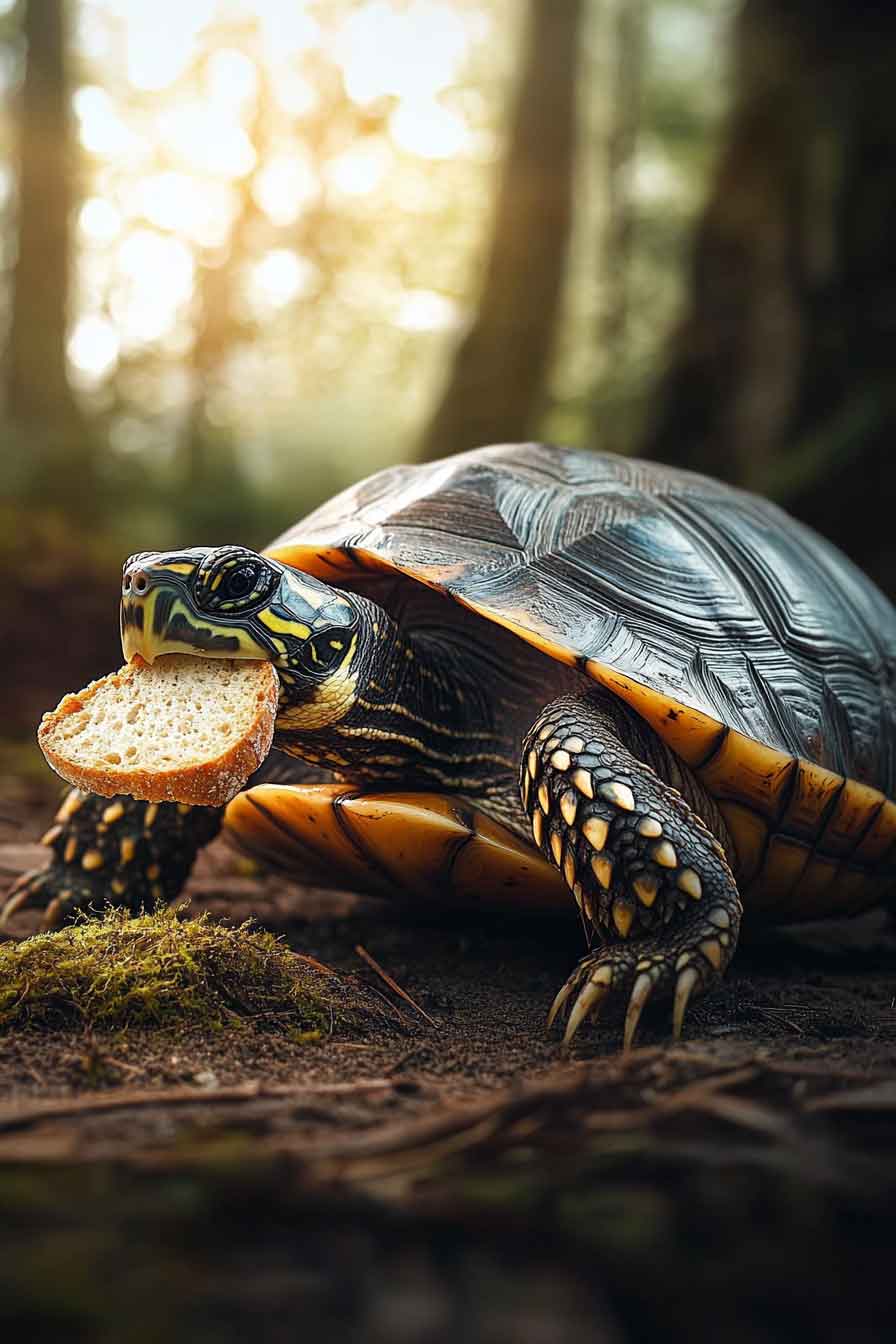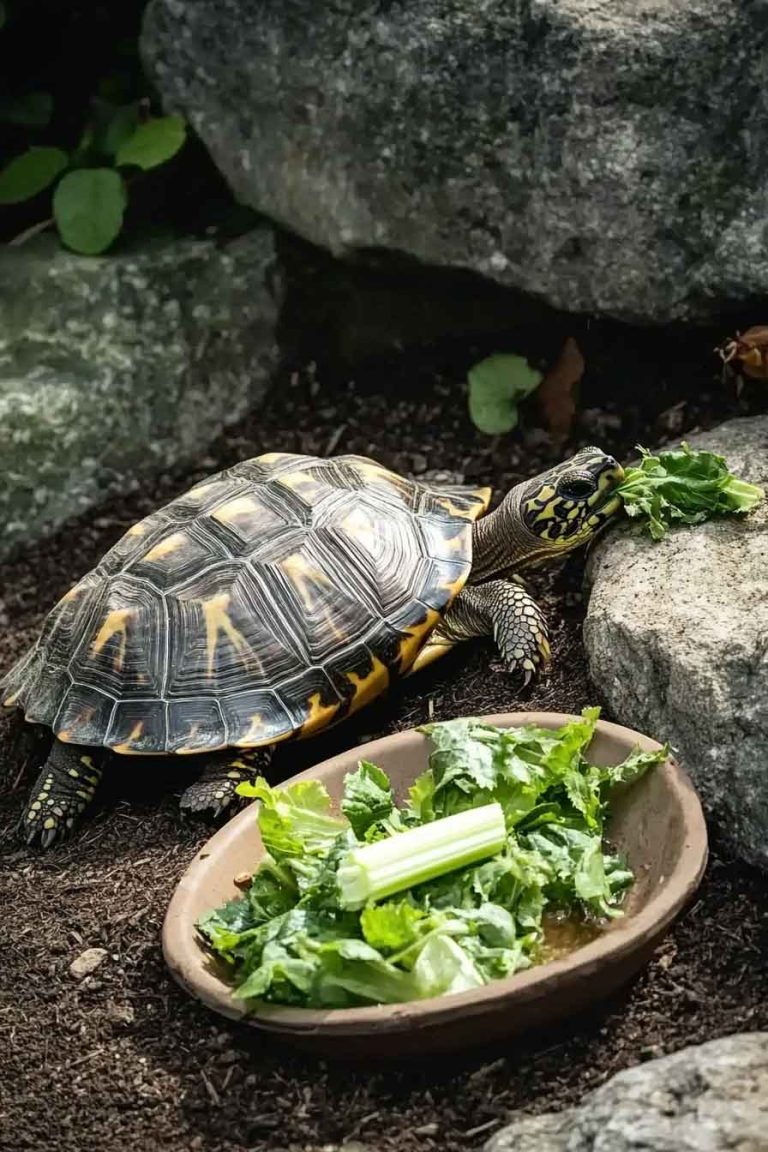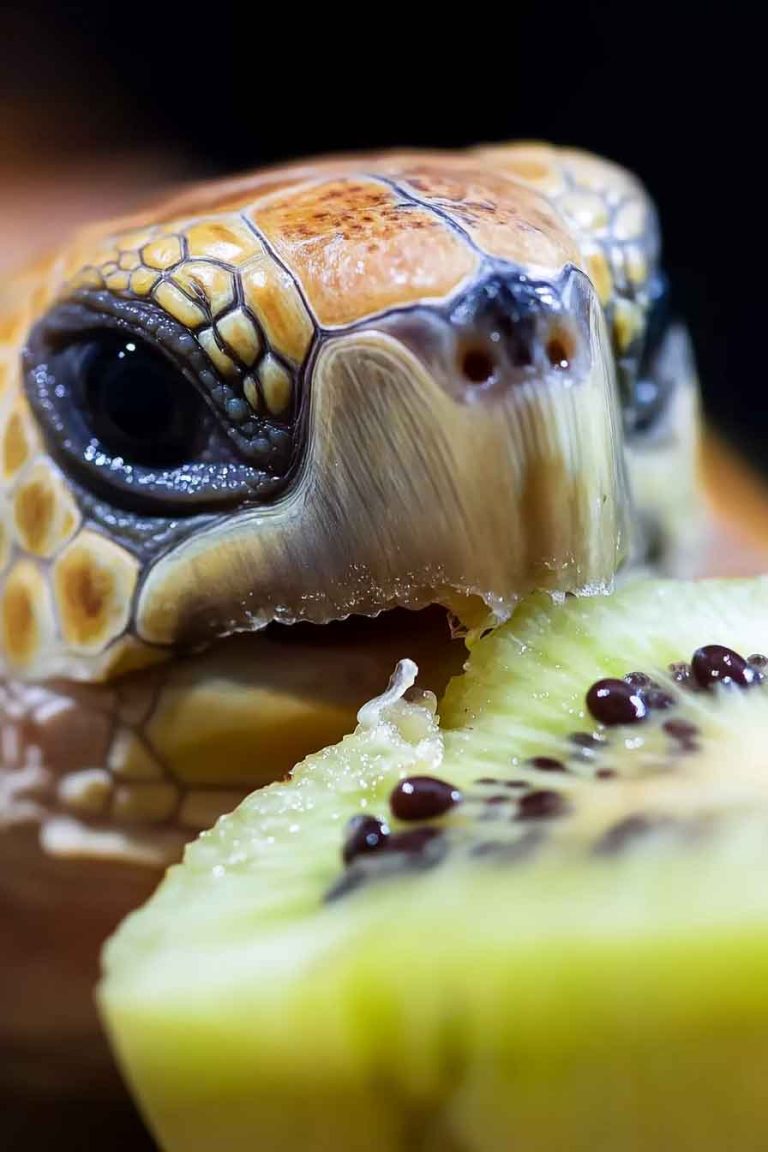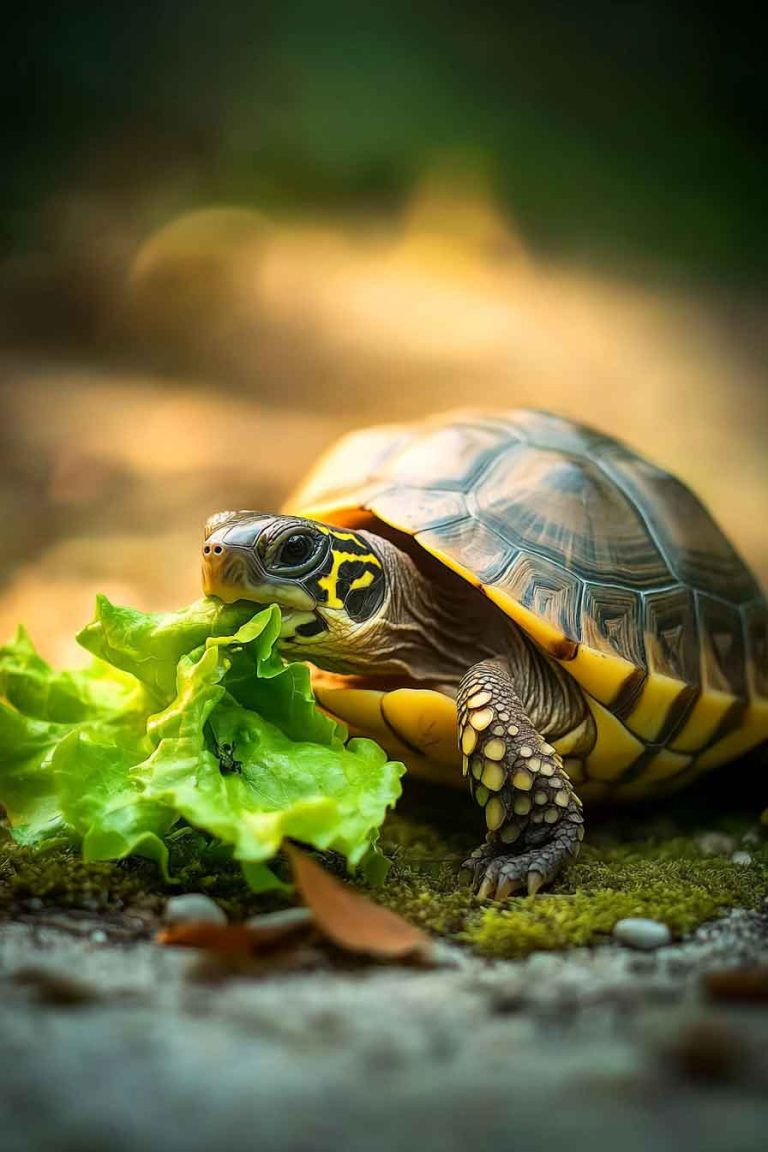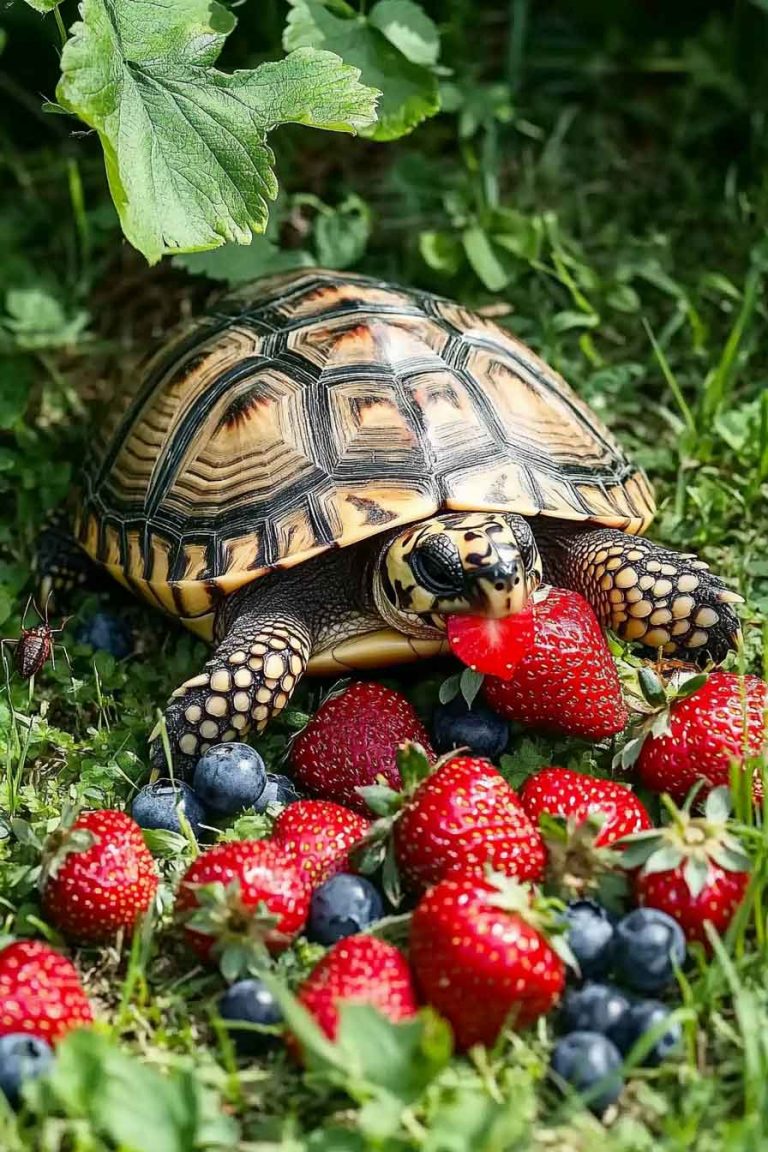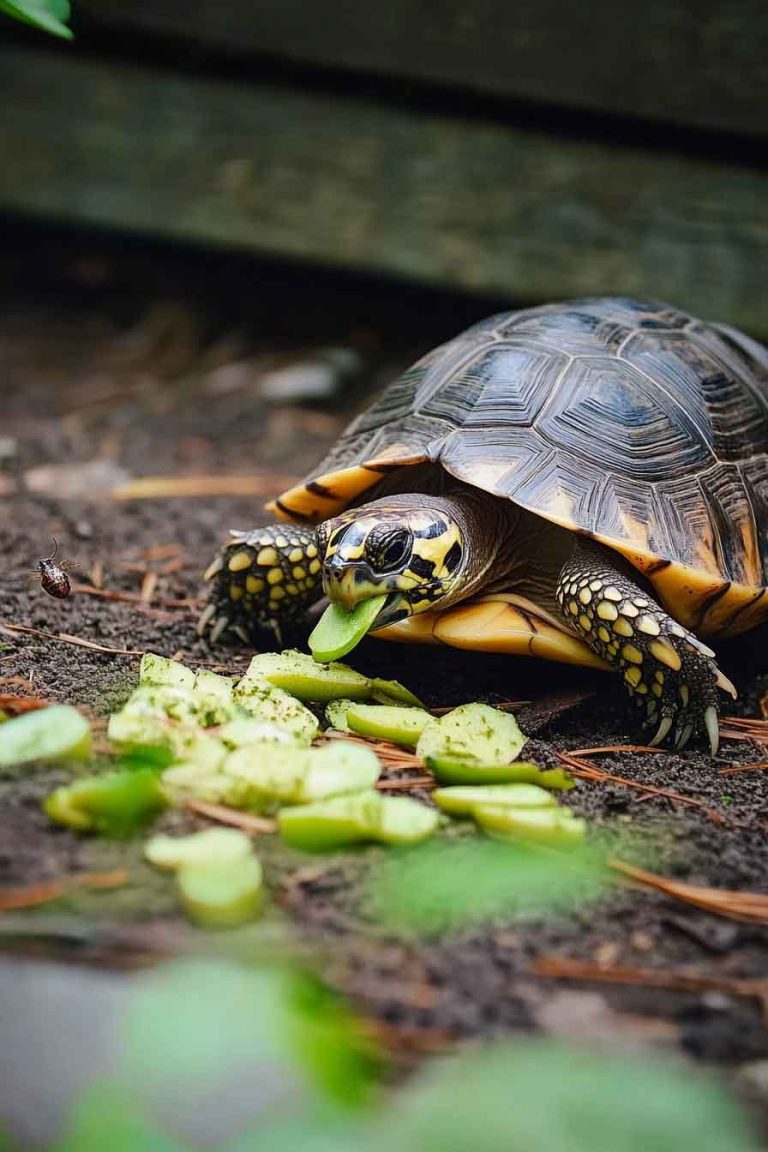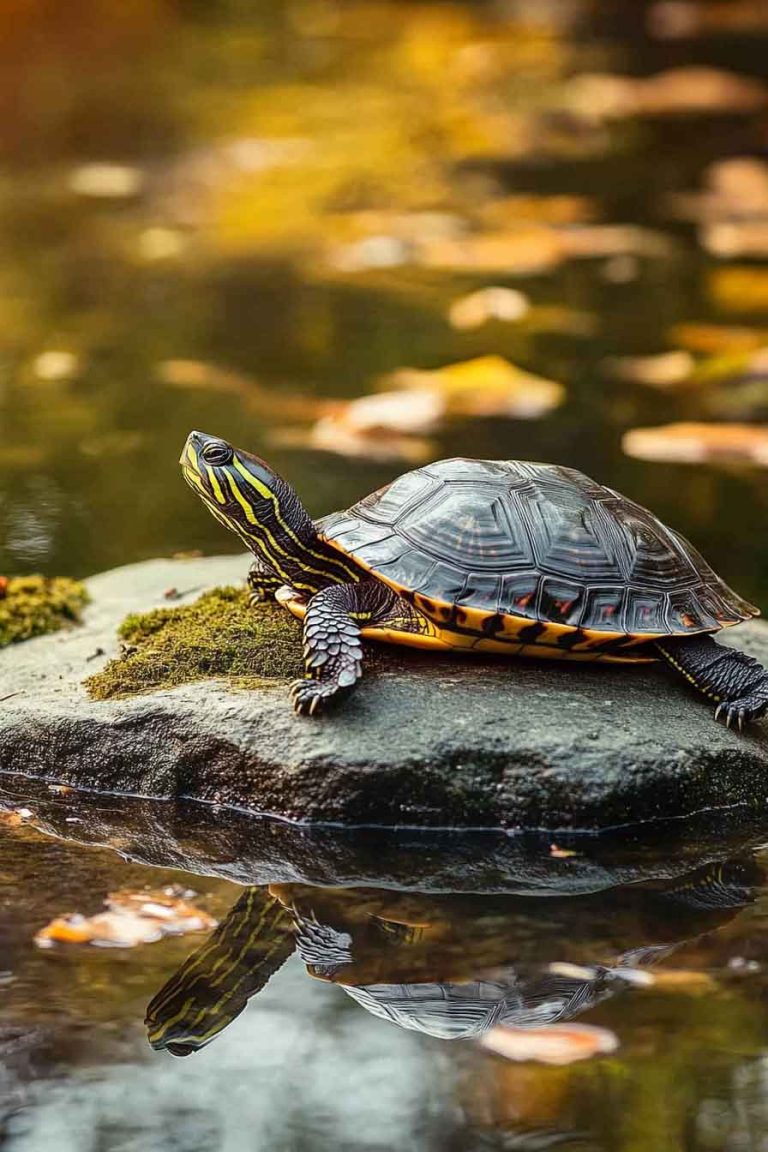Can Turtles Eat Bread? What You Need to Know Before Feeding
If you’re a turtle owner like me, I know you’ve probably wondered about sharing some of your favorite foods with your shelled companion. I remember the first time I was eating a sandwich and my turtle gave me those curious eyes – it made me wonder if I could share a piece of bread with…
If you’re a turtle owner like me, I know you’ve probably wondered about sharing some of your favorite foods with your shelled companion. I remember the first time I was eating a sandwich and my turtle gave me those curious eyes – it made me wonder if I could share a piece of bread with him. However, after doing my research, I discovered that bread might not be the treat I thought it would be.
So, can turtles eat bread? The short answer is no – turtles should not eat bread. While bread isn’t immediately toxic like some foods, it offers no nutritional value for turtles and can cause serious health problems. Bread is high in carbohydrates, contains preservatives, and lacks the essential nutrients turtles need. Regular consumption can lead to malnutrition, digestive issues, and obesity.
In this article, I’m going to share everything I’ve learned about why bread is problematic for turtles, what happens if your turtle accidentally eats some, and what healthier alternatives you can offer instead. Keep reading if you want to keep your turtle happy and healthy.
Can You Feed Bread To Your Pet Turtle?
The answer is a definitive no. I know it might seem harmless since bread is such a common food in our households, but it’s actually one of the worst things you can give your turtle. Many people assume that since turtles are omnivores, they can eat anything we eat – but that’s simply not true.
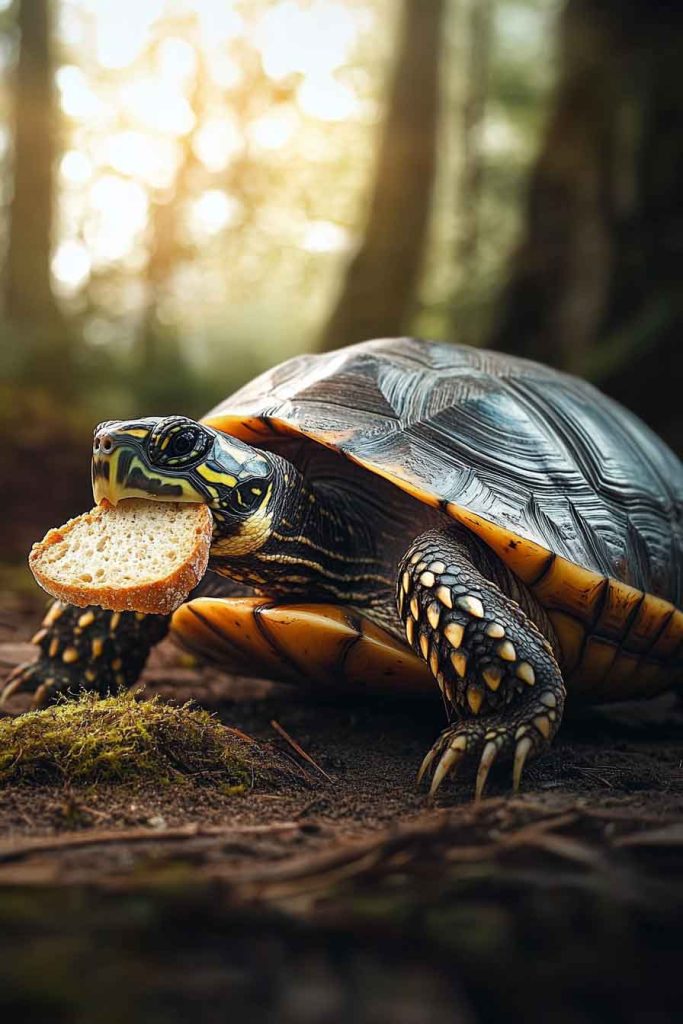
Turtles have very specific dietary requirements that have evolved over millions of years. Their digestive systems are designed to process natural foods like aquatic plants, insects, fish, and vegetables – not processed human foods like bread.
Let me break down what’s actually in a typical slice of white bread (per 100 grams) so you can see why it’s problematic:
- Carbohydrates: 49g
- Sugar: 5g
- Protein: 9g
- Fat: 3.2g
- Calcium: 177mg
- Phosphorus: 115mg
- Sodium: 491mg
- Fiber: 2.7g
Looking at this nutritional breakdown, I can immediately spot several red flags. First, the carbohydrate content is extremely high – nearly 50% of the bread’s weight! Turtles don’t need this many carbs, and their bodies aren’t equipped to process them efficiently.
The sodium content is particularly concerning at 491mg per 100g. Turtles have very low sodium requirements, and this much salt can cause serious kidney problems and dehydration.
While the calcium content might look good at first glance, the calcium-to-phosphorus ratio is problematic. Turtles need a 2:1 calcium to phosphorus ratio, but bread provides roughly a 1.5:1 ratio, which can interfere with proper calcium absorption.
Do Turtles Like Bread?
From my experience and research, most turtles will actually show interest in bread if you offer it to them. This doesn’t mean they should eat it, though! Turtles are naturally curious creatures and will often try to eat anything you put in front of them.
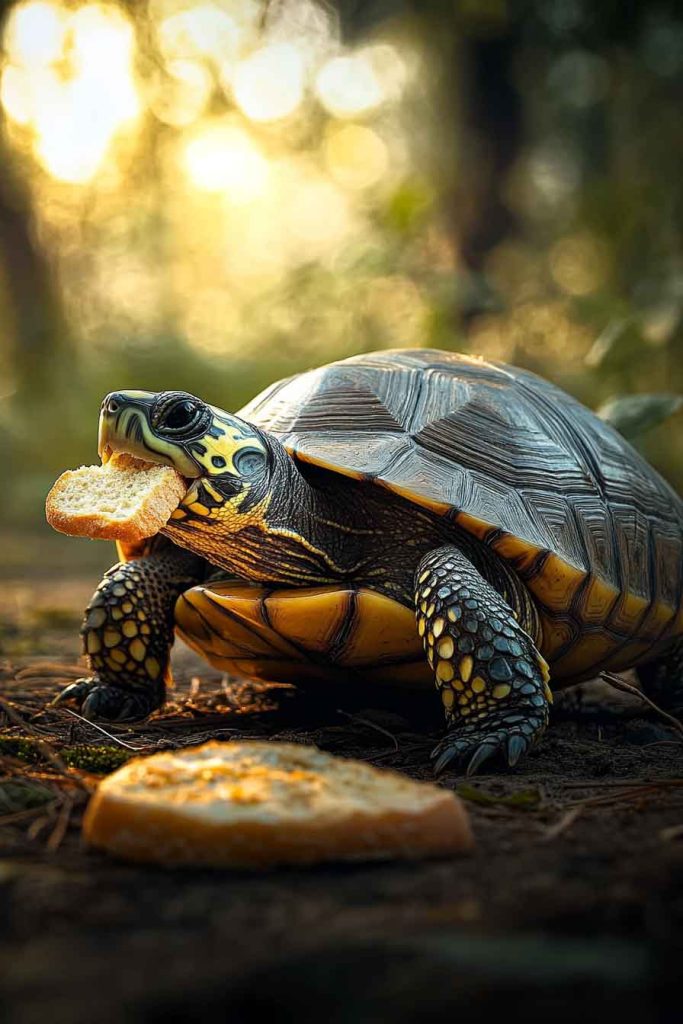
I’ve noticed that turtles seem particularly attracted to the soft texture of bread, especially if it’s soaked in water. However, just because they’ll eat it doesn’t mean it’s good for them – much like how a child might prefer candy over vegetables.
The real problem is that bread can be quite filling, so if your turtle eats bread, they might not have room for the nutritious foods they actually need. This can lead to malnutrition over time.
Health Risks for Turtles Eating Bread
Let me walk you through the serious health risks I’ve discovered that bread poses to our turtle friends:
Digestive Problems
Bread is incredibly difficult for turtles to digest properly. The high carbohydrate content can cause fermentation in their gut, leading to gas, bloating, and discomfort. I’ve read accounts from veterinarians who’ve treated turtles suffering from impacted digestive systems due to bread consumption.
The preservatives and additives commonly found in commercial bread can also upset a turtle’s sensitive digestive balance. These chemicals aren’t naturally occurring in their diet and can cause inflammation in their intestines.
Nutritional Deficiency
This is perhaps the most insidious problem with feeding bread to turtles. Bread is what nutritionists call “empty calories” – it fills them up without providing essential nutrients. When turtles eat bread, they’re less likely to eat the foods they actually need.
Turtles require a diet rich in vitamins A, D3, calcium, and various other nutrients to maintain healthy shells, bones, and organ function. Bread provides virtually none of these essential nutrients.
Metabolic Bone Disease
The improper calcium-to-phosphorus ratio in bread can contribute to Metabolic Bone Disease (MBD), one of the most common and serious conditions affecting pet turtles. MBD causes soft, deformed shells, brittle bones, and can even be fatal if left untreated.
I’ve seen heartbreaking photos of turtles with severely deformed shells due to poor nutrition, and it’s completely preventable with proper diet.
Obesity and Related Issues
The high calorie content in bread can quickly lead to obesity in turtles. Overweight turtles face numerous health problems including difficulty swimming, breathing problems, and increased stress on their organs.
Obese turtles also have trouble retracting into their shells properly, making them vulnerable to injuries and infections.
Kidney and Liver Problems
The high sodium content in bread puts unnecessary stress on a turtle’s kidneys and liver. These organs work overtime to process the excess salt, which can lead to long-term damage and shortened lifespan.
How Much Bread Should Turtles Eat?
The answer is simple: zero. There is no safe amount of bread for turtles to consume. Even a small piece can start causing digestive upset and contribute to the health problems I mentioned above.
If your turtle accidentally gets a small piece of bread, don’t panic – one tiny amount likely won’t cause immediate harm. However, you should never intentionally feed bread to your turtle, not even as an occasional treat.
Can You Feed Bread to Baby Turtles?
Absolutely not! Baby turtles are even more vulnerable to the negative effects of bread than adult turtles. Their developing digestive systems are extremely sensitive, and their nutritional needs are even more critical during their growth phase.
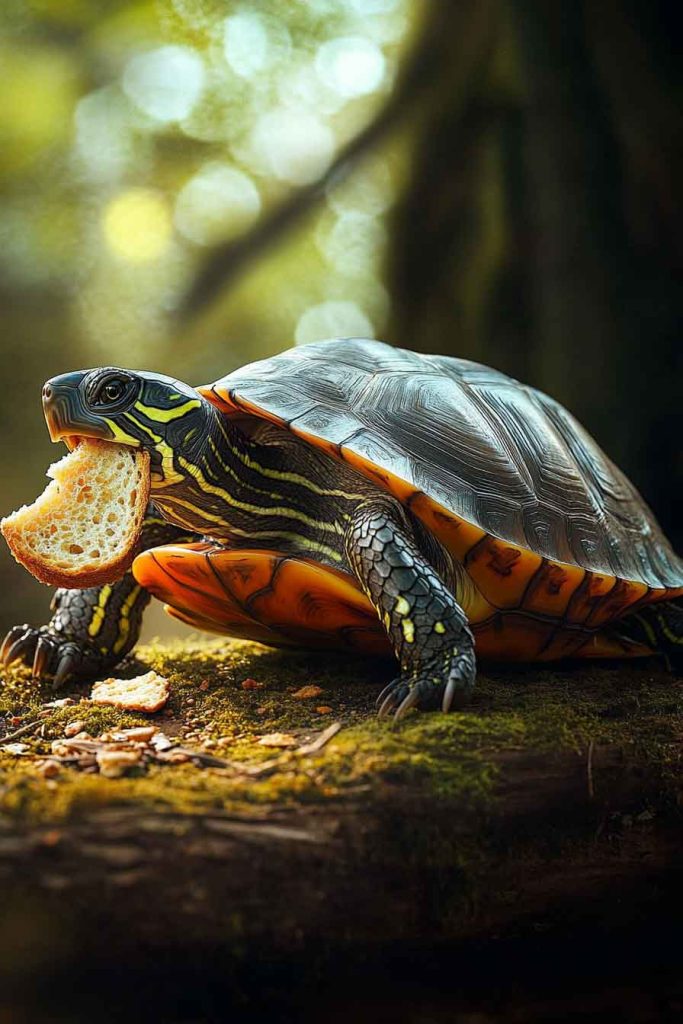
Baby turtles need protein-rich foods to support their rapid growth and shell development. Feeding them bread can seriously stunt their growth and development, leading to permanent health problems.
I always tell new turtle parents that the first year of a turtle’s life is crucial for establishing healthy eating habits and proper growth patterns. Don’t risk your baby turtle’s future by giving them inappropriate foods like bread.
What Should You Feed Your Turtle Instead?
Now that I’ve explained why bread is bad, let me share some healthy alternatives that your turtle will love:
For Aquatic Turtles:
- Commercial turtle pellets (high-quality brands)
- Leafy greens like collard greens, dandelion greens, and mustard greens
- Aquatic plants like water hyacinth and water lettuce
- Small fish like guppies or minnows
- Insects like crickets and mealworms
- Small amounts of fruits like strawberries and melons
For Box Turtles:
- Mixed vegetables like squash, carrots, and bell peppers
- Berries and other fruits (in moderation)
- Earthworms and snails
- High-quality commercial box turtle food
- Leafy greens
The key is variety and balance. I recommend following the general rule of 50% vegetables, 25% protein, and 25% fruits for most adult turtles, though this can vary by species.
Frequently Asked Questions (FAQs)
Can Box Turtles Eat Bread?
No, box turtles should not eat bread either. While box turtles are omnivores with more varied diets than aquatic species, bread still poses the same health risks. Box turtles need nutrient-dense foods to support their active lifestyle and long lifespan.
Can Red-Eared Slider Turtles Eat Bread?
Red-eared sliders are particularly prone to digestive issues, making bread especially dangerous for them. These popular pet turtles need a diet rich in aquatic plants and protein – bread provides neither and can cause serious digestive problems.
Can Painted Turtles Eat Bread?
Painted turtles have the same dietary restrictions as other turtle species. Their natural diet consists of aquatic vegetation, insects, and small fish – foods that are completely different from processed bread. Stick to their natural diet for optimal health.
What If My Turtle Already Ate Bread?
If your turtle accidentally consumed a small amount of bread, monitor them closely for signs of digestive upset like lethargy, loss of appetite, or unusual behavior. Ensure they have access to fresh water and their regular food. If you notice any concerning symptoms or if they ate a large amount, contact a reptile veterinarian immediately.
Are There Any “Turtle-Safe” Breads?
No, there are no breads that are safe for turtles. Even whole grain or organic breads still contain too many carbohydrates and lack the nutrients turtles need. It’s best to stick with foods that are specifically designed for turtle nutrition.
Conclusion
I hope this article has helped you understand why bread isn’t suitable for our turtle friends. While it might seem harmless to share our food with our pets, turtles have very specific dietary needs that are quite different from ours.
The good news is that there are plenty of healthy, turtle-approved foods that your pet will enjoy just as much – if not more – than bread. By sticking to a proper diet of commercial turtle food, fresh vegetables, and appropriate proteins, you’ll be giving your turtle the best chance at a long, healthy life.
Remember, as turtle owners, we’re responsible for making the right nutritional choices for our pets. They depend on us to keep them healthy and happy. When in doubt, always consult with a veterinarian who specializes in reptiles – they can provide personalized advice for your specific turtle’s needs.
Your turtle will thank you for making the right dietary choices, even if they can’t say it in words!

